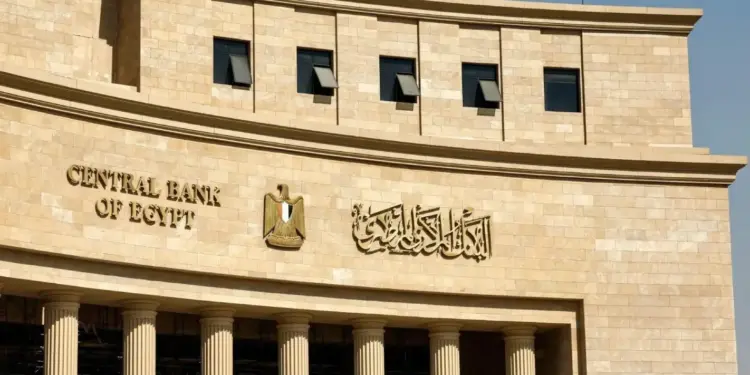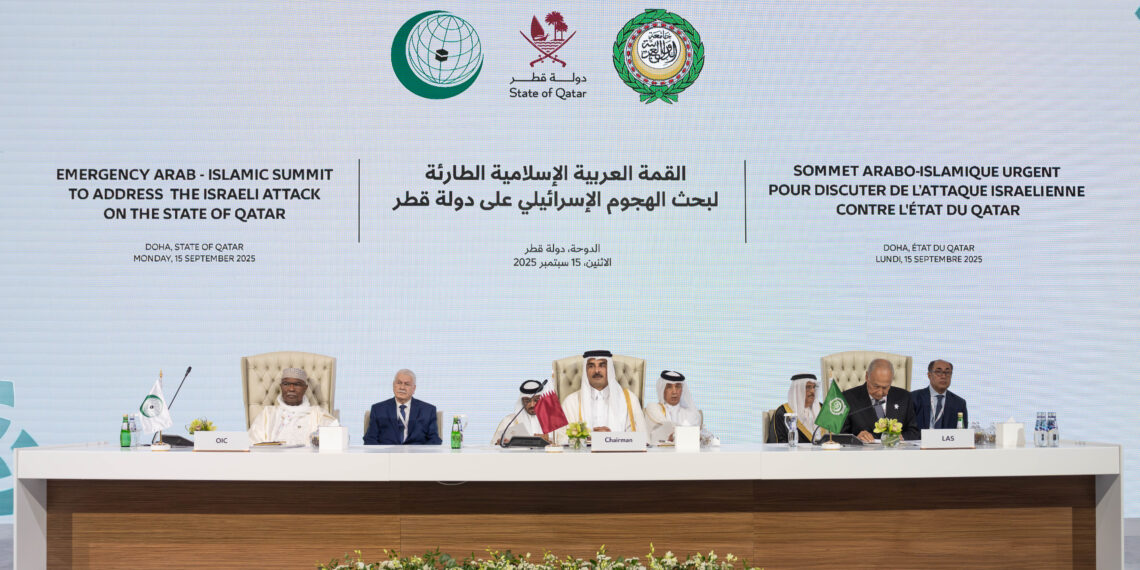The Central Bank of Egypt announced that remittances from Egyptians working abroad recorded a significant increase in May, reaching $3.4 billion, compared to approximately $2.7 billion in the same month last year. This represents a 24.2 percent increase year-on-year. The Central Bank explained in a press release that these remittances represent “historic flows that have never occurred before in May,” indicating the importance of this increase in supporting foreign exchange reserves and the local currency.
The Central Bank indicated that the period extending from July 2024 to May 2025 of the current fiscal year (2024-2025) witnessed a significant surge in the volume of remittances from Egyptians abroad, increasing by 69.6 percent to approximately $32.8 billion, compared to approximately $19.4 billion in the same period of the previous fiscal year. This continued growth demonstrates the extent to which remittances from Egyptians abroad contribute to supporting the national economy, especially in light of global economic challenges and regional fluctuations.
The statement added that the period from January to May 2025 also recorded a 59 percent year-on-year growth in remittances, reaching approximately $15.8 billion, compared to approximately $9.9 billion during the same period in 2024. This reflects the continued confidence of Egyptians abroad in the national economy and the stability of the foreign exchange market following recent reforms.
Economic analysts believe that this historic increase in remittances represents a positive indicator of the stability of the Egyptian economy, especially with the inflow of additional financial flows that strengthen the foreign exchange reserves and support the state’s efforts to reduce the trade deficit and maintain the stability of the local currency. These flows also contribute to alleviating pressure on the balance of payments, supporting the Egyptian government’s plans to finance import needs for basic commodities and energy, and enhancing the banking sector’s ability to provide dollars. The Egyptian government had previously approved a package of measures aimed at facilitating the transfer of funds from abroad through banks operating in the Egyptian market. This was in addition to offering dollar-denominated investment certificates at attractive interest rates to attract the savings of Egyptians abroad. Remittances from Egyptian workers abroad are considered one of the country’s most important sources of foreign currency, along with revenues from the Suez Canal, tourism, and exports.
The announcement of this historic increase in remittances from Egyptians abroad coincides with intensive government efforts to attract new foreign direct investment, boost economic growth rates, and achieve the goals of the 2030 Sustainable Development Plan. Economists expect these cash flows to contribute to improving the country’s overall economic indicators in the coming period.







